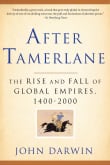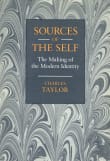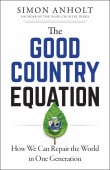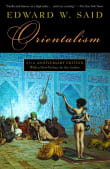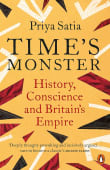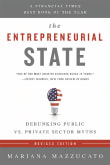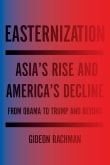Imagined Communities
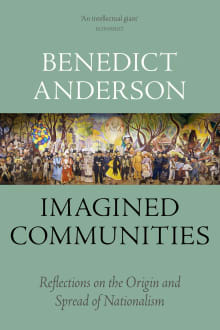
Book description
What are the imagined communities that compel men to kill or to die for an idea of a nation? This notion of nationhood had its origins in the founding of the Americas, but was then adopted and transformed by populist movements in nineteenth-century Europe. It became the rallying cry for…
Why read it?
5 authors picked Imagined Communities as one of their favorite books. Why do they recommend it?

I love Anderson’s narrative about the formation of nations in the 19th Century and what he calls print capitalism, promoted through books and newspapers. A market organised around the same language fosters both the economy and the very much-needed feeling of community required to organise the state and foster industrial capitalism.
More than four decades after its publication, the book remains thought-provoking as it makes me ask whether a single language suffices to hold nations and markets together.
From Vinícius' list on understanding the transformation of capitalism and globalisation.

I first read this book as a student, and found it both radical and exciting to think that national identities, traditions, and even the existence of nations themselves were all invented, and so were also flexible and open to reinvention in the future.
I also loved that the examples were taken from Southeast Asia, where I have family roots. For a while I kept a worn second-hand copy in my student room, thinking it was my special discovery. I was almost disappointed to find that it is a standard text and very widely read.
From Naoíse's list on why the past matters for the future.

This is one of the few books that I read as a student that has stayed with me.
What struck me at the time and still today is Anderson’s elaborate illustration that civic identity and pride are imagined and manipulated. His analysis specifically deals with nationalism as being socially constructed within a community (through the printed narrative of the nation, shared language, museums, and education systems).
The nation is something that is imagined as a comradeship by the people who perceive themselves as part of it, even when they do not know most of the other members.
This is why…
From Robert's list on managing the reputation of cities and countries.
If you love Imagined Communities...

Why a book on nationalism, you ask? Because this author showed how novels and newspapers changed everyone’s idea of their community in the eighteenth century. We take newspapers and novels so much for granted that it’s hard for us to imagine their impact on readers who had never seen anything like them before. Anderson makes us see how novels and newspapers could actually change readers sense of time (they are all in this together because they are reading what everyone else is reading) and give them a new sense of community, hence imagined community in the title. This is a…
From Lynn's list on why we care about human rights.

If you fancy ‘nations’ to ‘empires’ in world history, then Imagined Communities is the book for you. Beware though, for once you begin reading this wonderfully written little book on nationalism, you may have to rethink what you thought you knew about ‘your nation’. To put it bluntly, empires have been around since antiquity, but nations have not. We might try to convince ourselves that our nations – the United States, France, or India – are eternal entities with their roots located in the distant past; but they are not. What makes Anderson so fun to read is that he…
From Christopher's list on empires in world history.
If you love Imagined Communities...
Want books like Imagined Communities?
Our community of 12,000+ authors has personally recommended 100 books like Imagined Communities.



